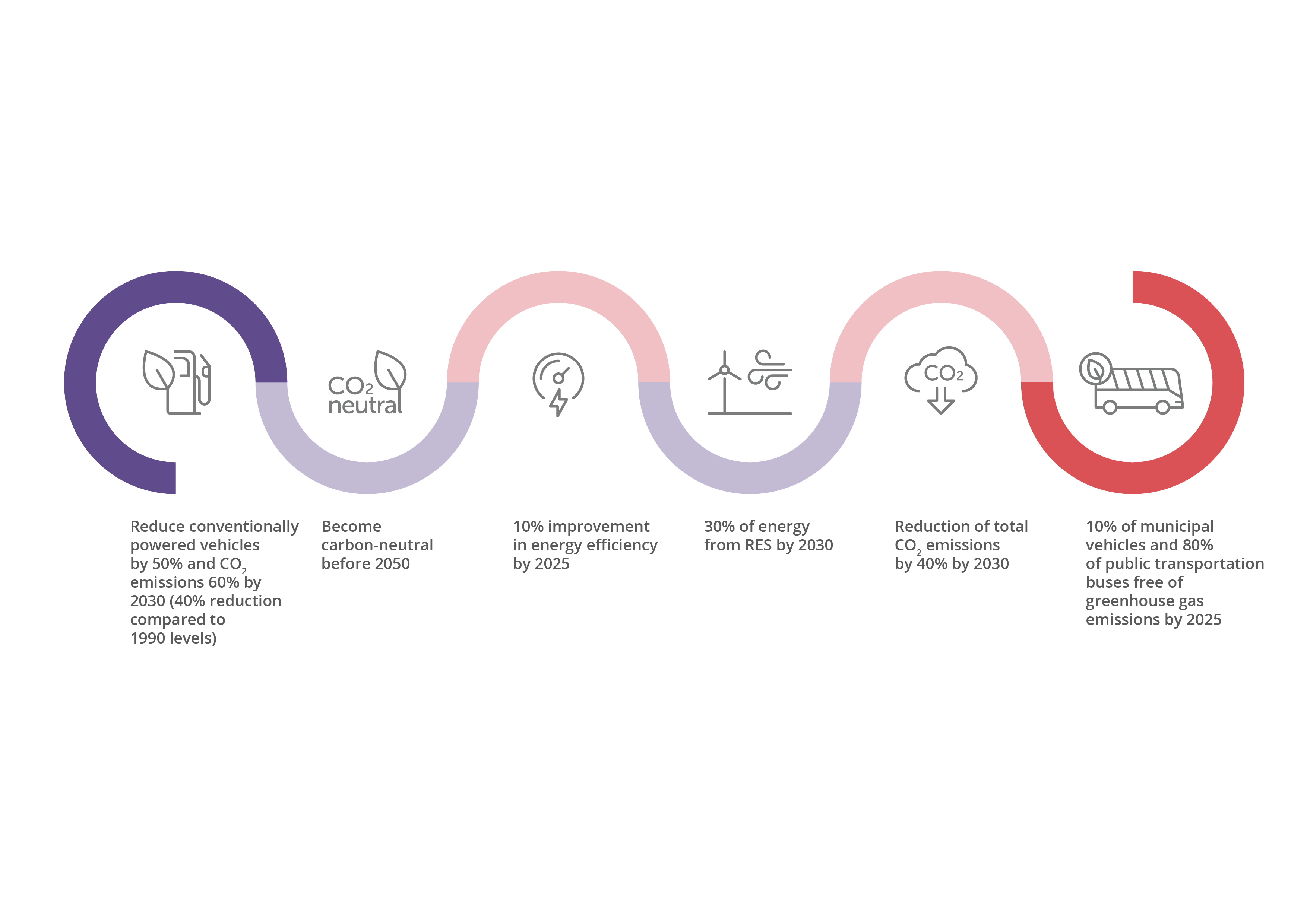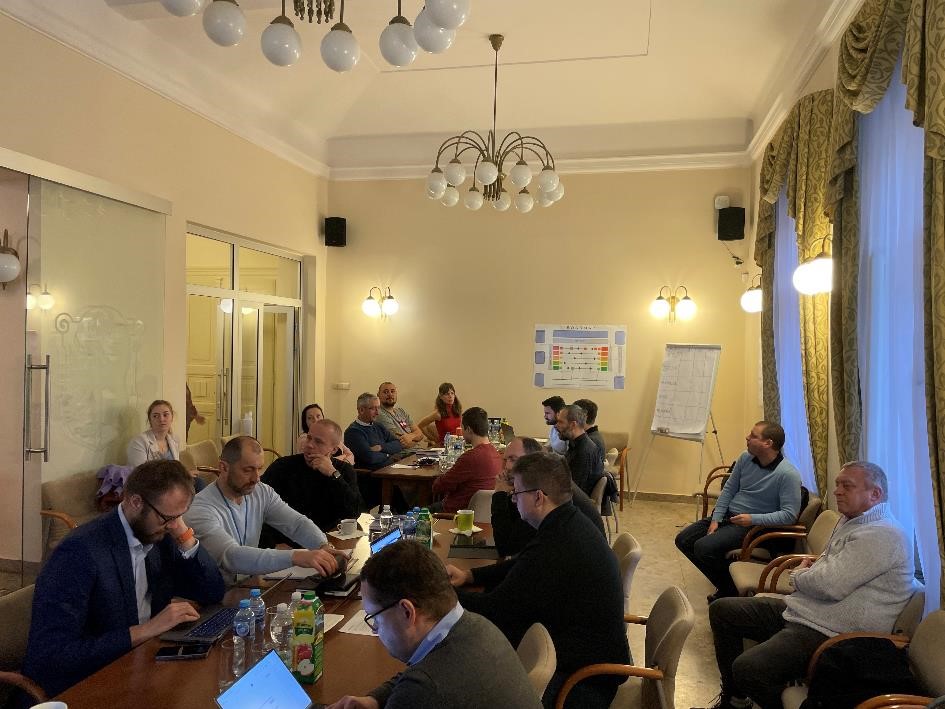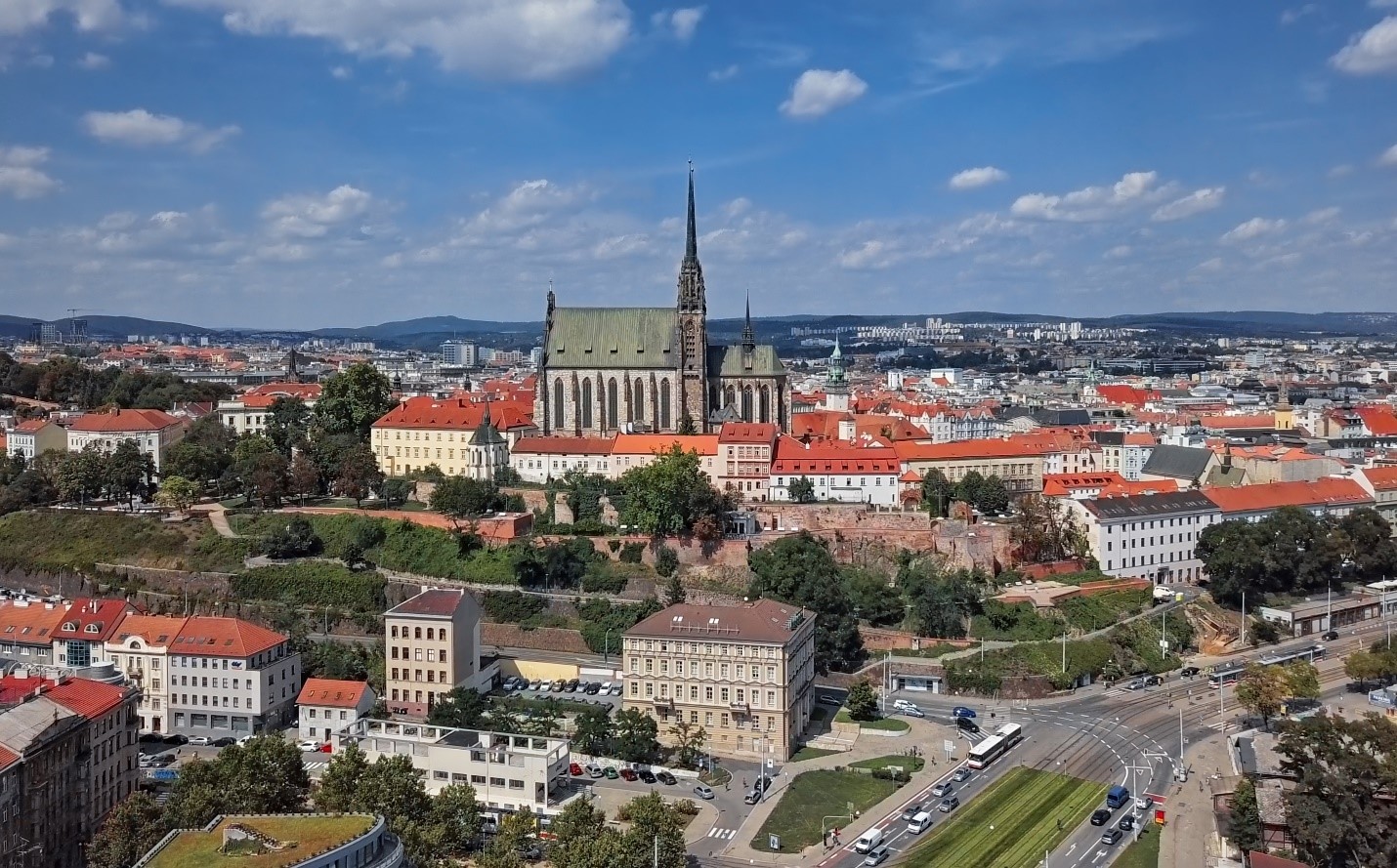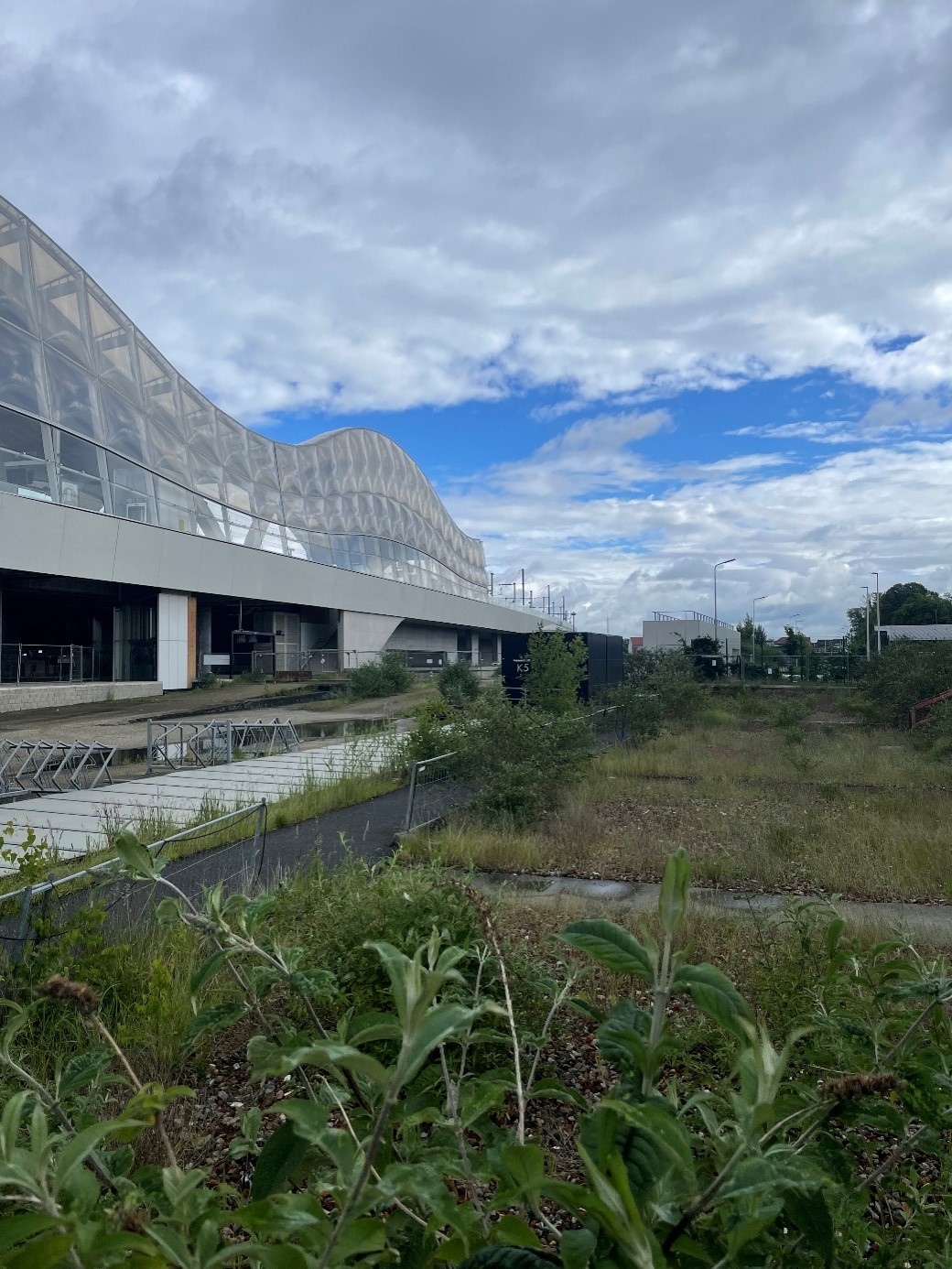Kladno
Kladno is finalizing a Sustainable Development Strategy 2030 with 2050 outlook and it incorporates city vision and priorities in general together with those identified in SPARCS.
The city is also finalizing SECAP which determines the future targets and measures in energy, climate, mobility and other areas.
In the energy sector, the city would tackle the target of energy efficiency increasing, higher use of renewable energy sources or heating system optimization and other energy measures. Visions for e-mobility include introducing public shared cars for services, installing a demand-based charging station network in residential areas, upscaling cycling infrastructure, and reducing combustion vehicles 50% by 2030. All measures will be accompanied by digitalization and data collection effort.
GOALS
-
Reduce conventionally powered vehicles by 50% and CO2 emissions 60% by 2030 (40% reduction compared to 1990 levels);
-
Become carbon neutral before 2050;
-
10% improvement in energy efficiency by 2025;
-
30% of energy from RES by 2030;
-
Reduction of total CO2 emissions by 40% by 2030;
-
10% of municipal vehicles and 80% of public transportation buses free of greenhouse gas emissions by 2025.

DISTRICT
The complex encompasses a high number of sports facilities (aquapark, sports centres, ice-hockey area, etc.). There are other buildings (housing, social one, etc.). The Sports Complex facilities consume natural gas for space heating, water heating and pool technologies, and electricity for lighting, ventilation
and pool technologies operations. To this day, the Complex does neither possess a central heating system, nor a systematic water management strategy.
New green area on Southern part of the city. It is near by the current housing and industrial zone, so there is a proper connection with the city, roads and services (shops, etc.). Two bigger investors are interested in building a shopping mall and new flats.
Go to Google MapsTOPICS
Energy – efficient sources and modern networks:
The city of Kladno subscribes to the SDGs and has contributes to nationally determined contributions to the Paris Agreement (COP21) and Energy and resource management. This strategic area covers energy production, distribution and storage, water management and energy efficiency in buildings.
Mobility and public space:
Kladno sees mobility, spatial planning and public space quality as interlinked areas. Kladno creates safe, pleasant public space with intelligent mobility solutions, accessible recreational areas and to reduce distances of travel.
Digital networks and e-services:
Digital networks distribute data for evidence-based decision making, accessible information to all stakeholders and enable efficient communication within the municipal organizations and with citizens, visitors and businesses. It is crucial supporting digital literacy and internet access for all citizens, so there is nobody left behind. Digitalization of current and uptake of new municipal and private services became a standard.
Good governance:
Willingness, responsibility, commitment and also an open mindset for new approaches is being a regular part of the good governance environment and strategic priorities planning. Reaching the overall smart and interconnected ecosystem supported by local administration might speed up an urban transformation. And it results in ensuring the good quality of life in the city, the local development, the attractiveness and reputation of the city.
Positive Energy District:
PED in its broader understanding is seen as an innovation district that will serve for piloting new technologies and business models in the city. In contrast to the Good governance and the three sectoral areas, Positive Energy District statements are based on the discussion in narrower group of stakeholders, representing the Vision Task Force, including municipal representatives (city leadership and city administration) and the Czech Technical University that provides expert support in the SPARCS project.



